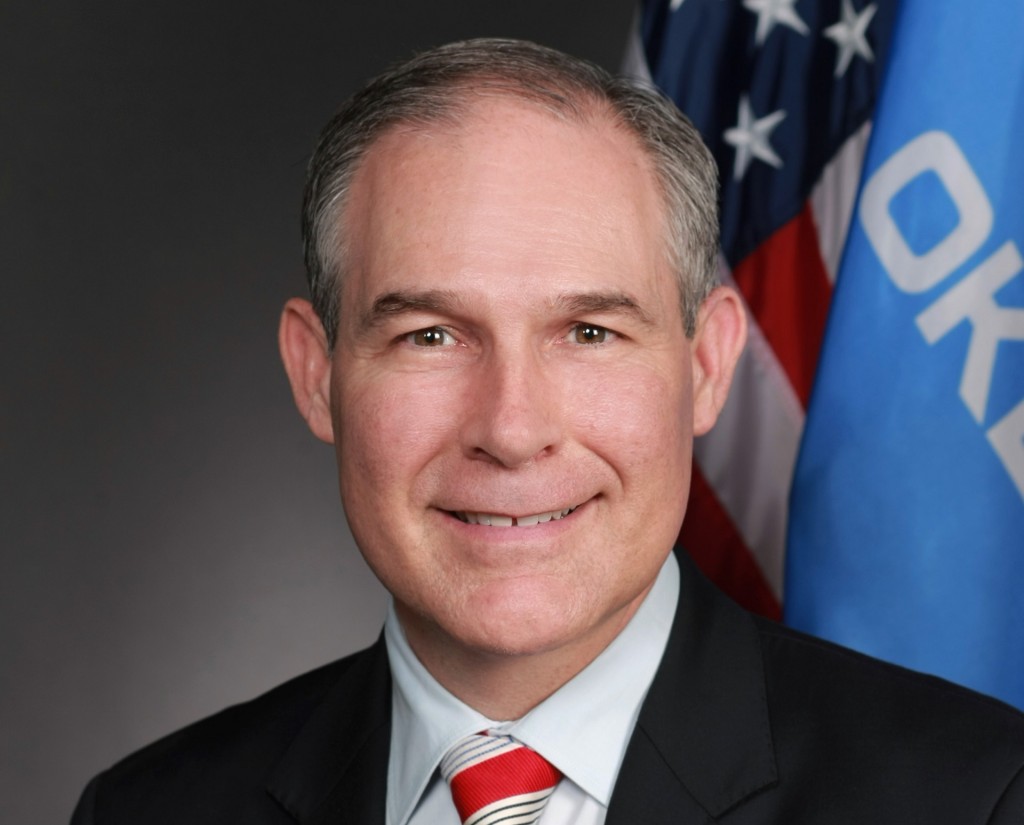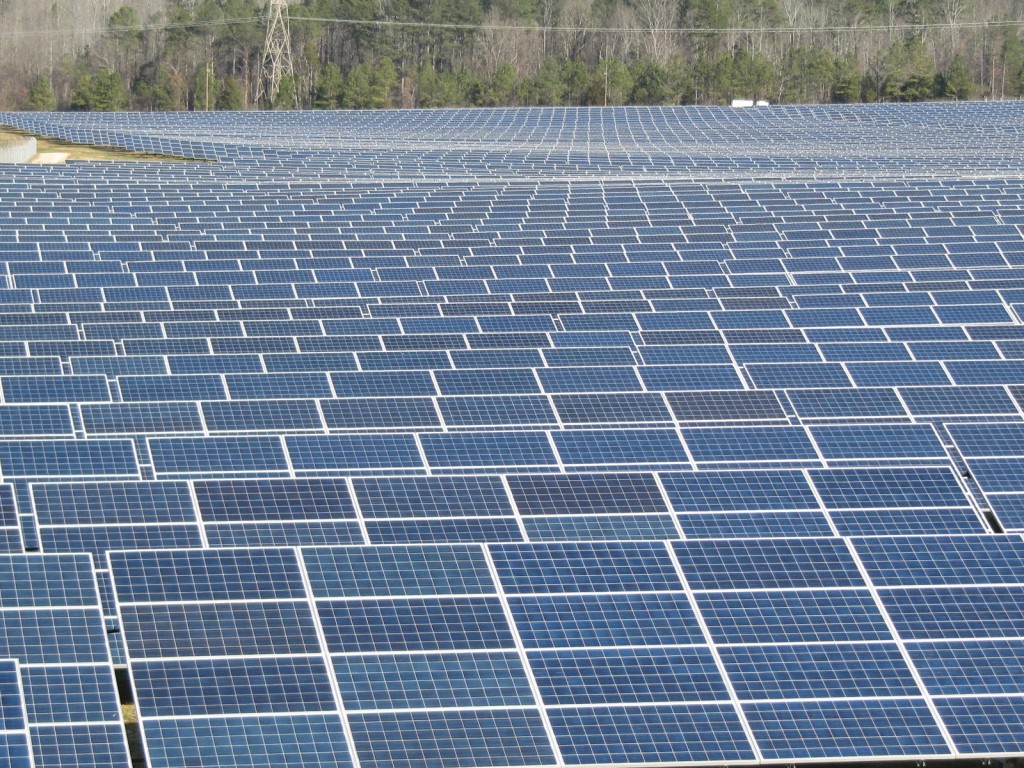As the Trump Administration nears its 100th day, it seems fair to say that it is still emitting mixed messages on multiple issues, from foreign policy to climate change.
On that latter, it's important to reiterate that the president and many of his appointed agency and department heads deny the science of climate change.
On the campaign trail, the president referred to climate change as bovine excrement and called the very idea that it is accepted science a plot by China to hurt the U.S.
Amidst its general deregulatory fervor, the Environmental Protection Agency is now run by a man who sued it more than a dozen times to prevent the agency from enforcing emission rules against fossil-fuel producers in his home state of Oklahoma.
But one remarkably public demonstration of the administration's apparent policy disarray has to do with the Paris Climate Agreement negotiated last year and signed by President Obama last fall.

President Barack Obama sits in 2017 Chevrolet Bolt EV electric car at Detroit Auto Show, Jan 2016
Trump promised to withdraw from it, largely on the grounds that other high-polluting nations would not cut their carbon emissions, meaning the U.S. would be hurt if it had to do so alone.
Over the last week, however, reports from Washington indicate remarkable disarray within the administration's views, intents, and actions on the Paris treaty:
- Last week, EPA chief and climate-science denier Scott Pruitt called for the U.S. to exit the pact, according to a Friday report in The Washington Post
- Pruitt had claimed that China and India had no obligations under the pact until 2030; that claim was completely untrue, receiving the maximum of four "Pinocchios" from the Post's Fact Checker analysis column
- But then The New York Times reported that Trump may not fulfill his promise, and may keep the U.S. in the Paris pact
- A team of his top advisers was to meet at the White House on Tuesday to discuss the pact; that meeting was canceled, and has not been rescheduled
- That's because Trump's top advisers remain at odds over the issue, according to multiple unnamed White House sources quoted by The Washington Post, with little resolution seen thus far

Oklahoma attorney general Scott Pruitt, 2014
White House press secretary Sean Spicer has said the president will make his decision on the fate of U.S. participation in the pact before the end of May, when the Group of 7 leading economies is scheduled to meet.
For the record, the percentage of Americans who accept the science of climate change was 70 percent 10 years ago; it remains at 70 percent today.
With severe weather patterns heavily publicized on television and multiple occurrences of "100-year" flooding in many locales during the last decade, however, the level of public concern over climate change has risen over the last few years.
Meanwhile, China has taken major steps to limit emissions of carbon dioxide from its electric-utility sector. Late last year, it canceled more than 100 coal-fired power plants, some of them already under construction.
While levels of atmospheric carbon dioxide continue to rise, global emissions of carbon stayed flat in 2016, for the third year in a row.

Photovoltaic solar power field at Volkswagen plant in Chattanooga, Tennessee
Renewable energy sources continue to fall in price, and fracked natural gas continues to displace coal as the fuel for generating electricity across the globe—despite largely unachievable promises by the Trump administration to "bring back coal."
Still, even if the president decides that the U.S. should stay in the Paris pact—which would take four years to exit, or one full presidential term—it likely shouldn't be taken as evidence that his administration has changed its mind and decided to accept scientific consensus or renewable energy.
Green Car Reports respectfully reminds its readers that the scientific validity of climate change is not a topic for debate in our comments. We ask that any comments by climate-change denialists be flagged for moderation. Thank you in advance for helping us keep our comments on topic, civil, respectful, and fact-based.
_______________________________________













